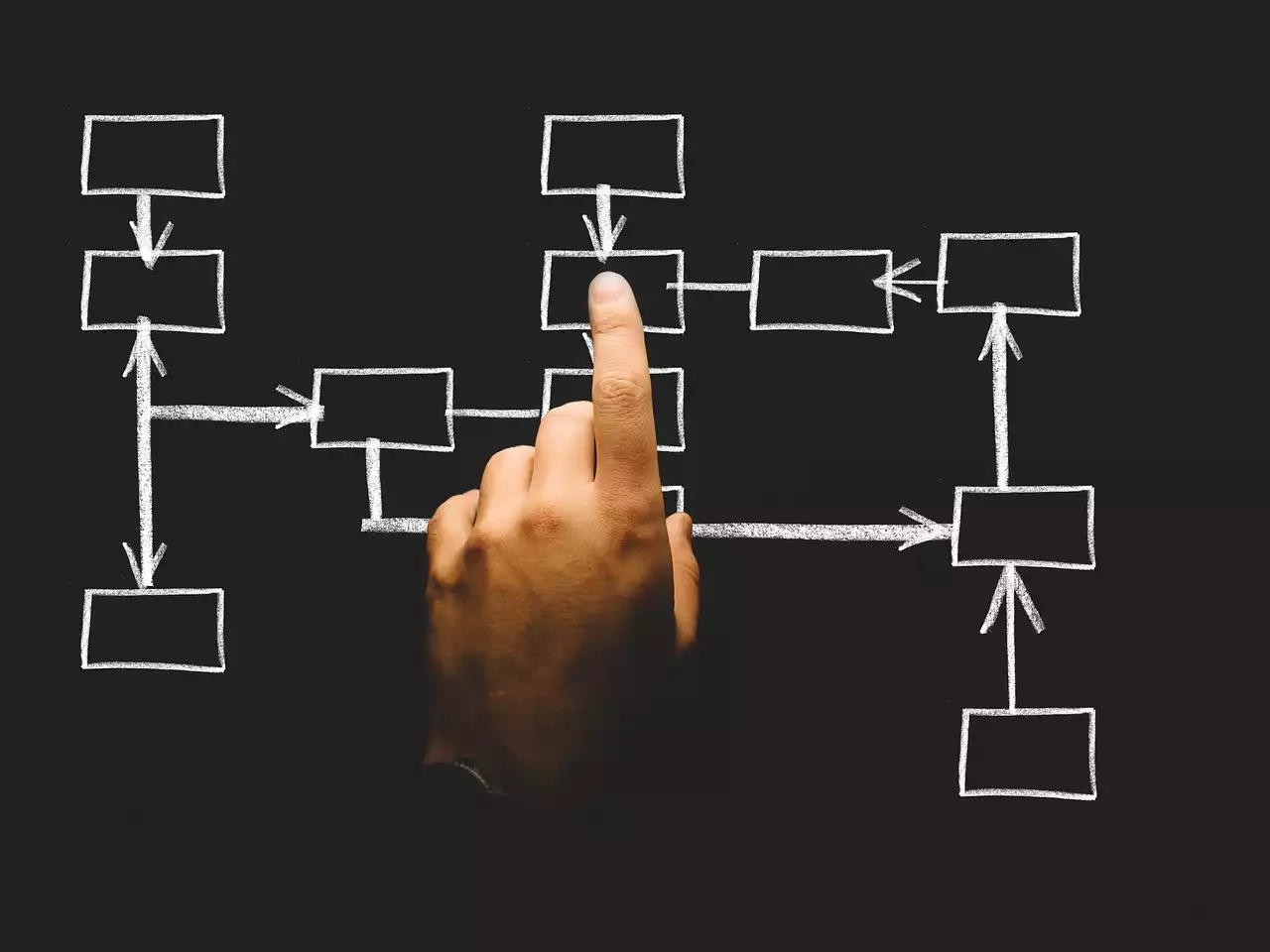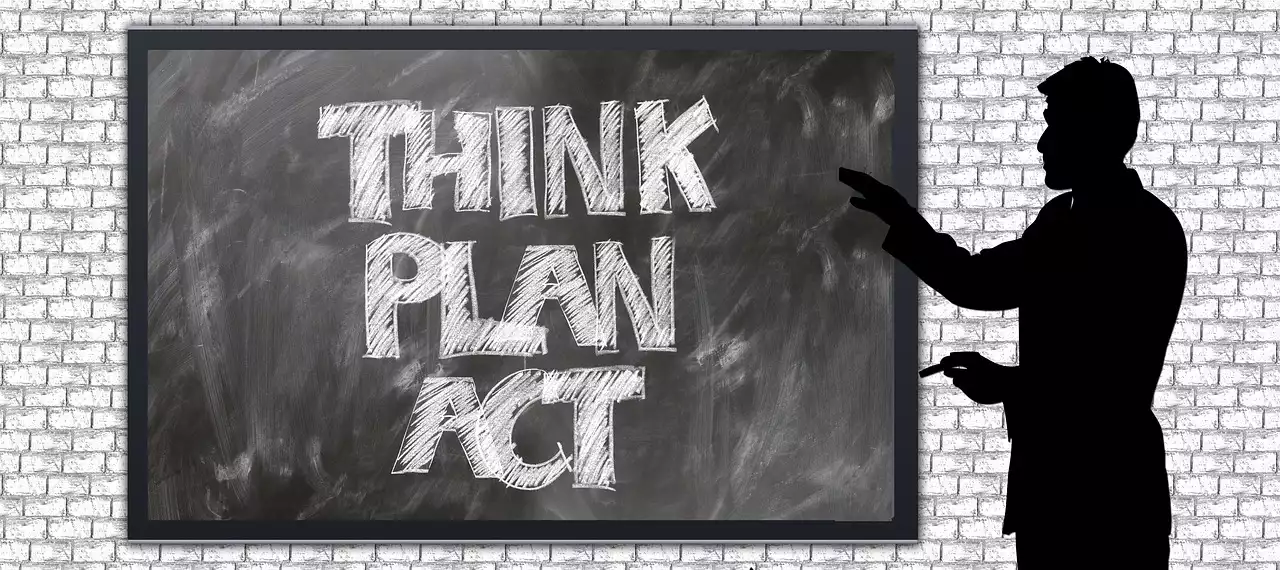Section 1: Procrastination
Procrastination is a common time management challenge that affects individuals from all walks of life. It is the act of delaying tasks or activities, often due to a lack of motivation or fear of failure. Procrastination not only wastes valuable time but also increases stress levels and hampers productivity.
One effective strategy to overcome procrastination is the "5-Minute Rule." This rule involves committing to work on a task for just five minutes. By setting a small and achievable goal, you can overcome the initial resistance and build momentum. Once you start working on the task, you will often find that the perceived difficulty was exaggerated, and you can continue working beyond the initial five minutes.
Another helpful technique is the "Pomodoro Technique." This time management method involves breaking your work into 25-minute intervals, known as "pomodoros," followed by short breaks. By focusing on a specific task for a set period, you can maintain concentration and avoid distractions. After completing four pomodoros, take a more extended break to recharge and refocus.
Section 2: Lack of Prioritization
Another significant time management challenge is failing to prioritize tasks effectively. Without clear priorities, individuals often find themselves tackling less important activities while neglecting critical ones. This leads to a loss of productivity and a feeling of being overwhelmed.
To overcome this challenge, it is essential to establish priorities based on urgency and importance. One effective method is the "Eisenhower Matrix," which categorizes tasks into four quadrants: important and urgent, important but not urgent, urgent but not important, and neither important nor urgent. By focusing on tasks in the important and urgent quadrant, you can ensure that crucial responsibilities are addressed promptly.
Additionally, it is vital to avoid the trap of multitasking. Contrary to popular belief, multitasking reduces efficiency and increases errors. Instead, focus on one task at a time, complete it, and then move on to the next. By dedicating your full attention to each task, you can work more efficiently and produce higher-quality results.
Section 3: Distractions and Interruptions
In today's digital age, distractions and interruptions are pervasive and can severely impact our ability to manage time effectively. Social media notifications, email alerts, and constant interruptions from colleagues or family members can derail our focus and hinder productivity.
To combat distractions, it is crucial to create a conducive work environment. Minimize potential interruptions by turning off notifications on your phone or computer. Designate specific times to check and respond to emails rather than constantly monitoring your inbox. Consider using productivity tools or browser extensions that block distracting websites during work hours.
Furthermore, practicing mindfulness and deep work techniques can help enhance focus and concentration. Set aside dedicated blocks of time for focused work, during which you eliminate all potential distractions. By immersing yourself completely in the task at hand, you can achieve a state of flow and accomplish more in less time.
Section 4: Ineffective Planning and Organization
Poor planning and disorganization can hinder time management efforts and lead to wasted time and missed deadlines. Without a clear plan and system for organizing tasks, individuals often struggle to stay on track and accomplish their goals efficiently.
To address this challenge, it is essential to develop effective planning and organizational habits. Start by creating a daily or weekly schedule that outlines your tasks and responsibilities. Break down larger projects into smaller, manageable tasks, and allocate specific time blocks for each. This will help you visualize your workload and ensure that you allocate sufficient time for each task.
Utilizing digital tools and apps can also significantly improve planning and organization. Project management tools, task-tracking apps, and calendar systems can help you stay organized, set reminders, and collaborate effectively with others. Find a system that works for you and consistently use it to keep track of your tasks and deadlines.
Section 5: Lack of Delegation and Saying No
Many individuals struggle with saying no and taking on more responsibilities than they can handle. This lack of delegation and boundary-setting can lead to overwhelming workloads and limited time for essential tasks.
To overcome this challenge, it is crucial to learn to delegate tasks effectively. Identify tasks that can be assigned to others and delegate them accordingly. Delegating not only frees up your time but also allows others to develop new skills and take ownership of their responsibilities.
Additionally, it is essential to set boundaries and learn to say no when necessary. Prioritize your commitments and evaluate whether accepting additional tasks aligns with your goals and priorities. By setting realistic expectations and focusing on important tasks, you can manage your time more effectively and avoid burnout.
Conclusion
Time management is a critical skill that can significantly impact our productivity and overall well-being. By addressing common challenges such as procrastination, lack of prioritization, distractions, ineffective planning, and failure to delegate, we can take control of our time and accomplish more in less time. Implementing the strategies outlined in this article can help you become a master of time management and unlock your full potential. Remember, successful time management is a continuous journey that requires consistent effort and self-discipline, but the rewards are well worth it.
Implement these strategies today, and watch as your productivity soars and your stress levels decrease. You have the power to take control of your time and maximize your potential. Start managing your time effectively and make every second count.












